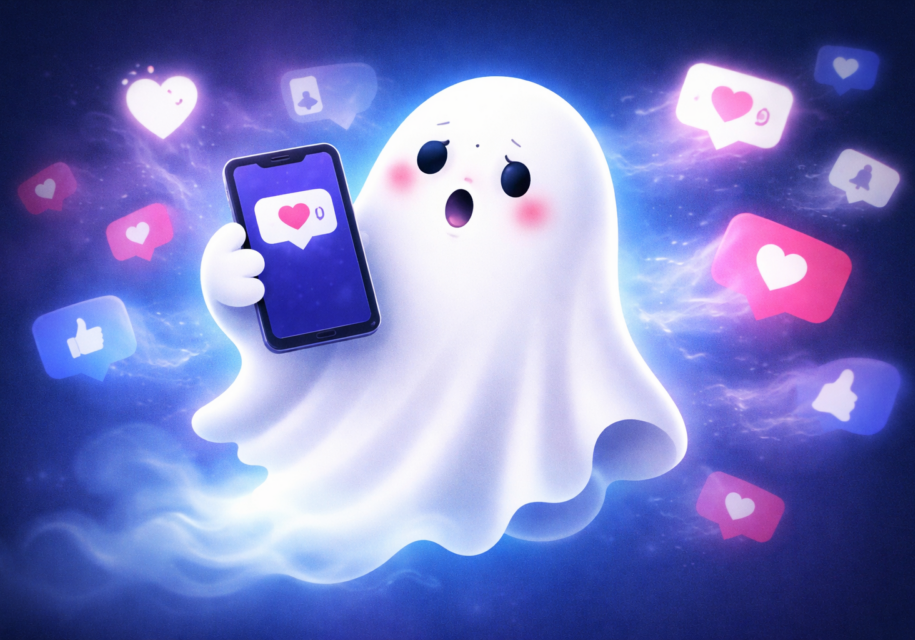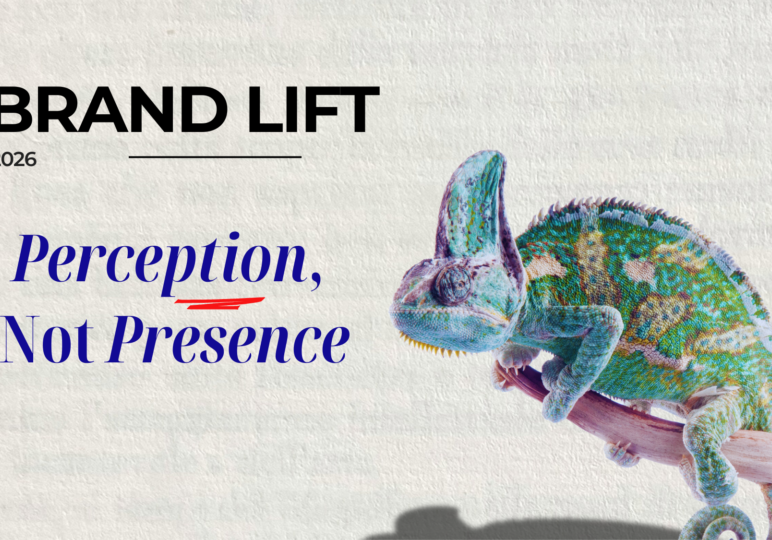
Is it Time to Ditch Points and Redefine Brand Loyalty Programs?
Point-based brand loyalty programs feel completely outdated, and it’s time to make a major change. In today’s hyper-connected world where brands inundate users by the millions, loyalty is more about emotional connections than rewards.
Brands need to reconsider their strategy to match the new consumer trends. Brand loyalty programs are just as much about perks as an opportunity for users to align with initiatives, politics, and emotions that they care about. If your loyalty program is feeling two steps behind, how can you evolve beyond just points and perks? Let’s dive into the future of loyalty that’s leaving traditional methods behind.
Gen Z is over points and perks and loving unique experiences
Ten years ago, an email with 10% off your next purchase was enough to engage consumers and pique their interest. However, as consumers, especially Gen Z, grow more tech-savvy and emotionally driven, their expectations have changed. Today, users crave exclusivity, personalization, and a genuine sense of belonging and are less encumbered by the quest to save money.
Take Dunkin, for example. Their loyalty program brand strategy isn’t just collecting points; it offers personalized deals and member-only perks like early access to new products and special events. This shift toward creating unique experiences goes beyond emotional loyalty, making customers feel genuinely valued, interested, and connected.
Similarly, Bose offers personalized perks to recurring users, like early access to new products, exclusive offers, and tailored experiences based on customer preferences. By focusing on product innovation and customer-centric experiences, Bose connects well with tech-savvy Gen Z consumers who appreciate personalization and value. More personalized means more connection, it’s creating a two-way street. Brands are implementing and listening to what their customers really want. And for Gen Z, this feeling of being “seen” can turn a casual shopper into a lifelong advocate.
Brands weave with social media to align brand values with consumer engagement
Instagram and TikTok shaping trends far beyond just influencer-driven content. Now loyalty isn’t just about what a brand can give —it’s about what it stands for and how it makes consumers look. Patagonia doesn’t have a traditional loyalty program but their brand is built around sustainability and social responsibility. Consumers stay loyal because they believe in the brand’s values. And let’s not forget the power of social proof.
Loyalty for consumers isn’t about “what can I get?” but rather “how does this make me feel, and how does it reflect who I am?” When a brand starts thinking like this and its cause aligns with the consumer values, it gives its loyal customer a reason to stay connected.
Peloton’s brand loyalty programs receive a small discount for their monthly subscriptions, sure, but the more important feature it unlocks is community. A community that has mastered the art of blending fitness with social interaction, with leaderboards, challenges, and member shout-outs. Brands can replicate this community-building model by creating spaces for their customers to engage, share, and celebrate with each other. It turns loyalty from a spend into a lifestyle.
Promising future of loyalty builds emotional over financial
Today’s consumers are informed and support brands that advocate for the environment and offer ethical business practices. To stay relevant, loyalty programs of the future will need to incorporate these values. Clothing brand Reformation offers each recurring user insights into their carbon footprint, gallons of water saved, and overall sustainability encouraged by each purchase.
So, what next? As brands continue to innovate their loyalty programs the future will be all about creating deeper emotional connections. Thanks to our new Gen Z who has redefined what it means to be loyal, seeking brands that align with their values, reflect their personalities, and provide authentic experiences.
Subscribe to our bi-weekly newsletter
Get the latest trends, insights, and strategies delivered straight to your inbox.
The brands that will succeed are those creating communities, championing social causes, and offering experiences that resonate on a personal level. In the years ahead, loyalty seems to be about financial incentives more than just a transaction. In any case, a transaction is happening because of the purchase of the thing.
Cut the chase
Brands need to realize that in today’s ever-evolving loyalty landscape, it’s no longer enough to simply throw rewards at customers and hope they stick around. In a world where Gen Z holds power, brands must dig deeper to build genuine connections that last longer.


